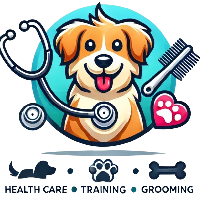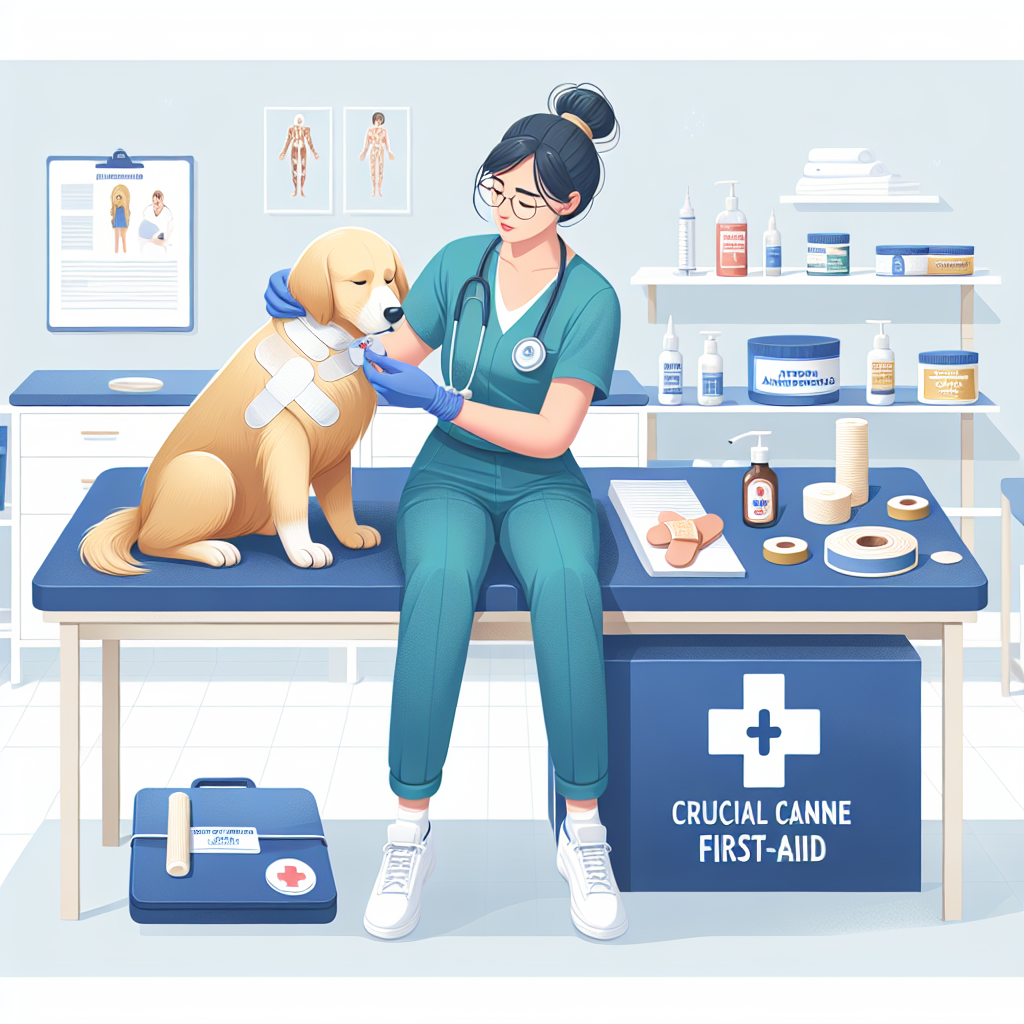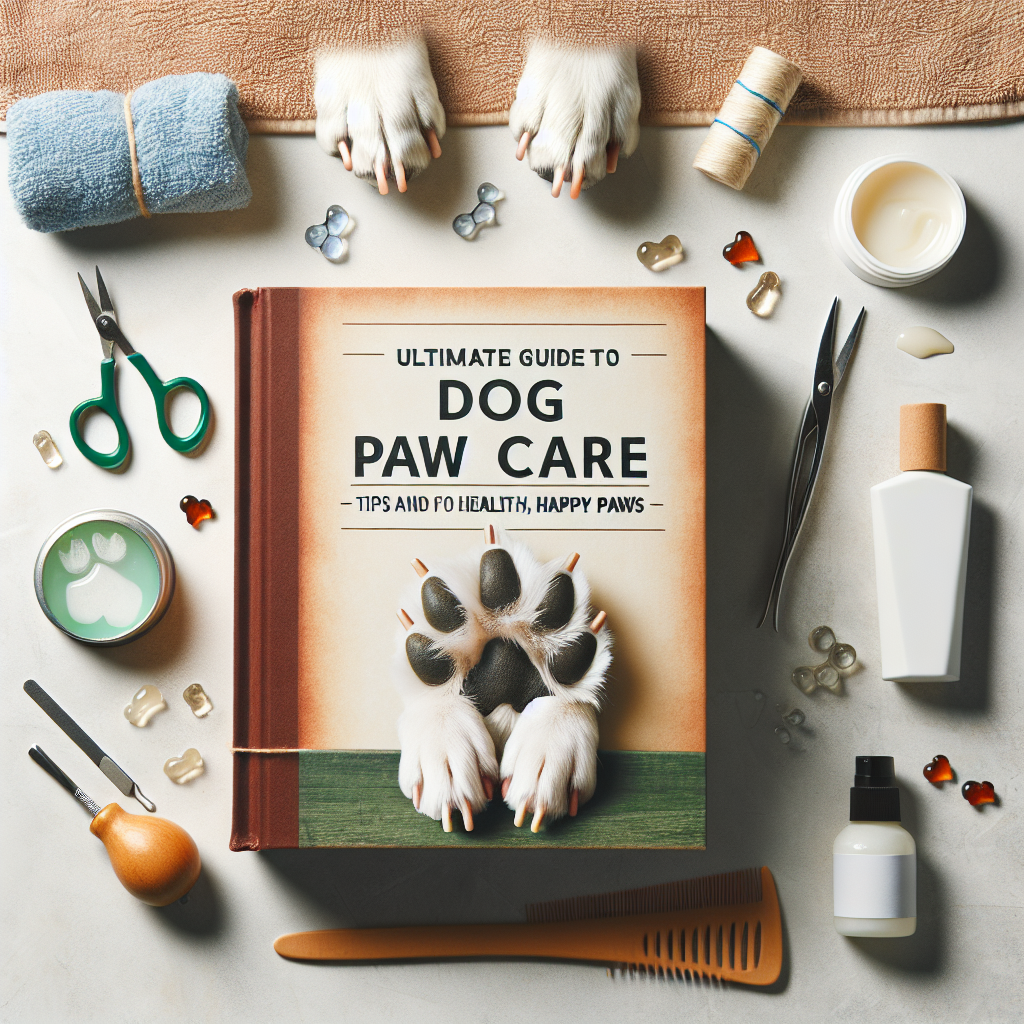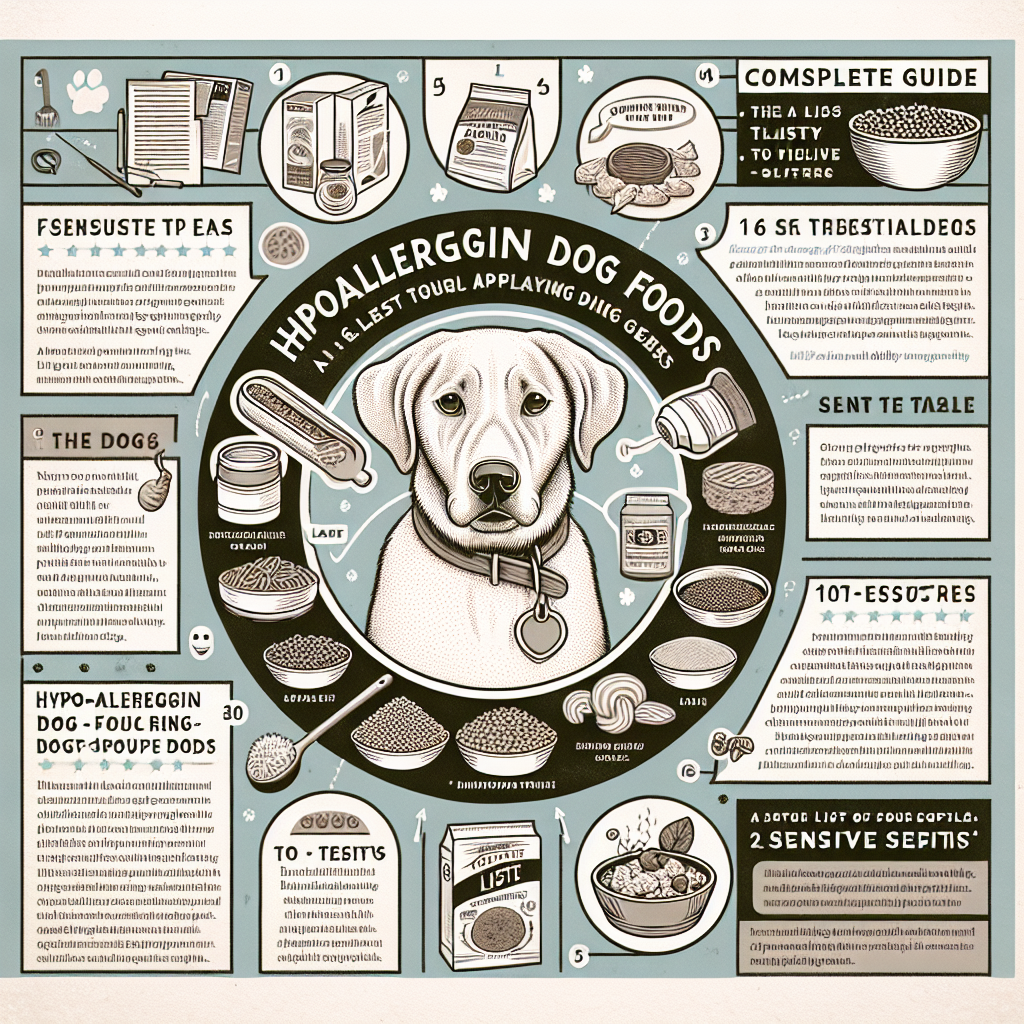
Taking care of your dog’s health and happiness is paramount in any pet owner’s life. Just like humans, dogs need a balance of nutrition, exercise, mental stimulation, and medical care to live a long, happy life. In this comprehensive guide, we delve into the essential canine wellness tips to boost your dog’s health and happiness naturally.
Table of Contents
-
- Nutritional Needs
-
- Regular Exercise
-
- Mental Stimulation
-
- Proper Hydration
-
- Preventive Veterinary Care
-
- Grooming and Hygiene
-
- Social Interaction
-
- Natural Supplements
-
- Understanding and Managing Stress
-
- Tailored Training
1. Nutritional Needs
Balanced Diet
A balanced diet is the cornerstone of your dog’s health. Ensuring that your dog gets the right mix of carbohydrates, proteins, fats, vitamins, and minerals is critical. High-quality commercial dog foods can meet these needs, but it is essential to choose those free from fillers, artificial colors, and preservatives.
Raw and Homemade Diets
Some pet owners opt for raw or homemade diets. While these can be beneficial, they require careful planning to ensure they are nutritionally complete. Consulting with a veterinary nutritionist is recommended to avoid nutritional imbalances.
Avoid Toxic Foods
Certain human foods are toxic to dogs, including chocolate, grapes, onions, and garlic. Always keep these out of reach and educate everyone in the house about the dangers.
2. Regular Exercise
Daily Walks
Consistent daily walks are crucial, not just for physical exercise but also for mental stimulation and socialization. Tailor the length and intensity of the walks to your dog’s breed, age, and health status.
Playtime
Incorporate different types of play, such as fetch, tug-of-war, and playing with other dogs. Play keeps your dog physically active and mentally engaged.
Agility Training
Structured agility training can be incredibly beneficial for dogs, especially high-energy breeds. It helps in building muscle, enhancing coordination, and providing mental challenges.
3. Mental Stimulation
Puzzle Toys
Invest in puzzle toys that challenge your dog’s problem-solving skills and prevent boredom. These toys can dispense treats or make noises that intrigue your dog and keep them occupied.
Training Sessions
Training isn’t just about teaching commands; it’s also a great way to mentally stimulate your dog. Regular, short training sessions can improve your dog’s cognitive function and strengthen your bond.
Environmental Enrichment
Change your dog’s environment frequently to keep them mentally stimulated. This can include allowing different scents, sounds, and sights. A rotation of toys can also keep your dog interested.
4. Proper Hydration
Fresh Water
Always ensure that your dog has access to fresh water. Dehydration can lead to severe health issues, so it’s crucial to monitor their water intake.
Wet Food
Incorporating wet food into your dog’s diet can help increase their water intake, especially if they’re not drinking enough on their own.
5. Preventive Veterinary Care
Regular Check-Ups
Make sure to schedule regular veterinary visits for health check-ups and vaccinations. Early detection of health issues can prevent more severe problems down the line.
Dental Care
Dental health is often overlooked but is vital for overall wellbeing. Regular brushing and dental chews can help maintain oral hygiene and prevent issues like tartar buildup and gum disease.
Parasite Prevention
Fleas, ticks, and worms can cause a variety of health issues. Follow a regular schedule for flea and tick prevention, and ensure that your dog’s vaccinations are up to date.
6. Grooming and Hygiene
Regular Brushing
Brush your dog regularly, especially if they have long or medium-length fur. This not only keeps their coat clean and manageable but also helps in spotting any unusual lumps or skin issues.
Bathing
Regular baths keep your dog’s skin clean and free from parasites. Use a dog-specific shampoo, as human ones can be too harsh on their skin.
Nail Trimming
Overgrown nails can cause pain and lead to infections. Regular nail trimming is essential to keep your dog comfortable and healthy.
7. Social Interaction
Dog Parks
Regular visits to dog parks can help in socializing your dog with other dogs and people. It’s a great way to expel energy and learn social cues.
Doggy Daycare
Consider doggy daycare options if you are away for extended periods. It ensures your dog remains active, socialized, and mentally stimulated while you’re gone.
Playdates
Organize playdates with other dogs. It’s beneficial for socialization and can help in developing good behavior.
8. Natural Supplements
Omega-3 Fatty Acids
Omega-3 fatty acids can improve coat quality, reduce inflammation, and support heart health. Fish oil is a popular supplement for this purpose.
Probiotics
Probiotics help maintain a healthy gut flora, which can aid in digestion and improve overall immune function. Consult your vet for the best probiotic options.
Herbal Supplements
Certain herbs like chamomile and valerian root can help in calming anxious dogs. Always consult your vet before introducing any new supplements into your dog’s diet.
9. Understanding and Managing Stress
Recognizing Signs of Stress
Understanding the signs of stress in dogs, such as panting, pacing, and excessive barking, can help you take action before the stress becomes overwhelming.
Safe Spaces
Create a safe space where your dog can retreat if they feel anxious or stressed. This can be a quiet room or a cozy crate.
Calming Techniques
Techniques like gentle massage, aromatherapy, and calming music can help reduce your dog’s stress levels.
10. Tailored Training
Obedience Training
Basic obedience training is crucial for your dog’s safety and ensures smooth interaction with others. Commands like ‘sit’, ‘stay’, and ‘recall’ are essential.
Behavioral Training
Address behavioral issues such as aggression, anxiety, and excessive barking through tailored training programs. Professional trainers can offer guidance on effective methods.
Positive Reinforcement
Utilize positive reinforcement techniques in training. Reward-based training builds a positive association with the behaviors you want to encourage.
Conclusion
Ensuring your dog’s health and happiness naturally involves a holistic approach that includes a balanced diet, regular exercise, mental stimulation, proper hydration, preventive veterinary care, grooming, social interaction, natural supplements, stress management, and tailored training. While it takes effort and consistency, the payoff is a happy, healthy, and well-adjusted dog who is a joy to be around.
By adopting these essential canine wellness tips, you’re not just enhancing your dog’s life but also deepening the bond you share. After all, a happy dog means a happy home. Invest the time and energy, and watch how your dog’s life transforms for the better.
#ChatGPT assisted in the creation of this article.





